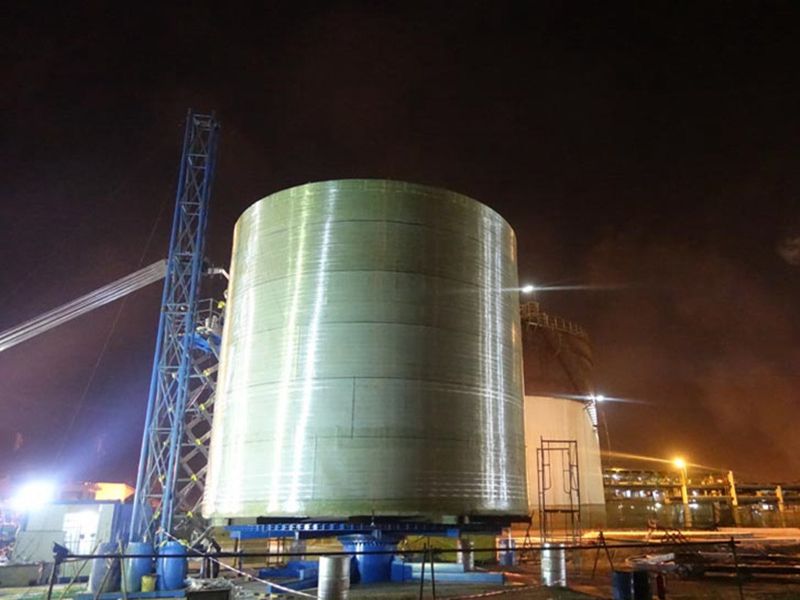
-
 Afrikaans
Afrikaans -
 Albanian
Albanian -
 Amharic
Amharic -
 Arabic
Arabic -
 Armenian
Armenian -
 Azerbaijani
Azerbaijani -
 Basque
Basque -
 Belarusian
Belarusian -
 Bengali
Bengali -
 Bosnian
Bosnian -
 Bulgarian
Bulgarian -
 Catalan
Catalan -
 Cebuano
Cebuano -
 China
China -
 China (Taiwan)
China (Taiwan) -
 Corsican
Corsican -
 Croatian
Croatian -
 Czech
Czech -
 Danish
Danish -
 Dutch
Dutch -
 English
English -
 Esperanto
Esperanto -
 Estonian
Estonian -
 Finnish
Finnish -
 French
French -
 Frisian
Frisian -
 Galician
Galician -
 Georgian
Georgian -
 German
German -
 Greek
Greek -
 Gujarati
Gujarati -
 Haitian Creole
Haitian Creole -
 hausa
hausa -
 hawaiian
hawaiian -
 Hebrew
Hebrew -
 Hindi
Hindi -
 Miao
Miao -
 Hungarian
Hungarian -
 Icelandic
Icelandic -
 igbo
igbo -
 Indonesian
Indonesian -
 irish
irish -
 Italian
Italian -
 Japanese
Japanese -
 Javanese
Javanese -
 Kannada
Kannada -
 kazakh
kazakh -
 Khmer
Khmer -
 Rwandese
Rwandese -
 Korean
Korean -
 Kurdish
Kurdish -
 Kyrgyz
Kyrgyz -
 Lao
Lao -
 Latin
Latin -
 Latvian
Latvian -
 Lithuanian
Lithuanian -
 Luxembourgish
Luxembourgish -
 Macedonian
Macedonian -
 Malgashi
Malgashi -
 Malay
Malay -
 Malayalam
Malayalam -
 Maltese
Maltese -
 Maori
Maori -
 Marathi
Marathi -
 Mongolian
Mongolian -
 Myanmar
Myanmar -
 Nepali
Nepali -
 Norwegian
Norwegian -
 Norwegian
Norwegian -
 Occitan
Occitan -
 Pashto
Pashto -
 Persian
Persian -
 Polish
Polish -
 Portuguese
Portuguese -
 Punjabi
Punjabi -
 Romanian
Romanian -
 Russian
Russian -
 Samoan
Samoan -
 Scottish Gaelic
Scottish Gaelic -
 Serbian
Serbian -
 Sesotho
Sesotho -
 Shona
Shona -
 Sindhi
Sindhi -
 Sinhala
Sinhala -
 Slovak
Slovak -
 Slovenian
Slovenian -
 Somali
Somali -
 Spanish
Spanish -
 Sundanese
Sundanese -
 Swahili
Swahili -
 Swedish
Swedish -
 Tagalog
Tagalog -
 Tajik
Tajik -
 Tamil
Tamil -
 Tatar
Tatar -
 Telugu
Telugu -
 Thai
Thai -
 Turkish
Turkish -
 Turkmen
Turkmen -
 Ukrainian
Ukrainian -
 Urdu
Urdu -
 Uighur
Uighur -
 Uzbek
Uzbek -
 Vietnamese
Vietnamese -
 Welsh
Welsh -
 Bantu
Bantu -
 Yiddish
Yiddish -
 Yoruba
Yoruba -
 Zulu
Zulu
High-Quality 90 Degree Fiberglass Elbow for Reliable Piping and HVAC Applications
Understanding the Fiberglass 90 Degree Elbow A Comprehensive Guide
Fiberglass is an advanced composite material known for its lightweight, strength, and resistance to corrosion. Among the various applications of fiberglass in industrial settings, the 90-degree elbow is a crucial component in piping systems. In this article, we will explore the significance, design, benefits, and applications of fiberglass 90-degree elbows.
What is a Fiberglass 90 Degree Elbow?
A fiberglass 90-degree elbow is a type of fitting that connects two sections of piping, allowing the flow of fluid to change direction at a right angle. This fitting is manufactured from fiberglass reinforced plastic (FRP), which comprises glass fibers embedded in a polymer matrix. This combination results in a lightweight yet durable product capable of withstanding harsh environmental conditions.
Importance of 90 Degree Elbows in Piping Systems
In various sectors such as chemical processing, water treatment, and oil and gas, piping systems are critical for transporting liquids and gases safely and efficiently. The 90-degree elbow plays an essential role in these systems by minimizing flow resistance and maintaining the integrity of the pipeline. By facilitating smooth transitions, these fittings help to avoid turbulence, which can lead to system inefficiencies and wear on the pipes.
Benefits of Fiberglass 90 Degree Elbows
1. Corrosion Resistance One of the most significant advantages of fiberglass is its resistance to corrosion. Unlike metal fittings that can degrade over time when exposed to aggressive chemicals, fiberglass elbows can withstand harsh substances, making them ideal for chemical processing applications.
2. Lightweight and Easy to Handle Fiberglass fittings are much lighter than traditional materials such as metal. This disparity in weight simplifies transportation, installation, and maintenance, ultimately reducing labor costs and installation time.
3. Durability The inherent strength of fiberglass allows 90-degree elbows to endure high pressure and temperature fluctuations without compromising their structural integrity. This durability extends the life cycle of the fittings, offering long-term cost savings.
fiberglass 90 degree elbow

5. Thermal Insulation Fiberglass has excellent thermal insulation properties, which help in reducing heat transfer. This characteristic makes fiberglass 90-degree elbows particularly useful in applications requiring temperature control.
Applications of Fiberglass 90 Degree Elbows
The applications of fiberglass 90-degree elbows are diverse and span multiple industries
- Chemical Processing They are widely used in chemical plants where the transportation of corrosive substances is essential.
- Water Treatment Fiberglass elbows are employed in water and waste treatment plants, facilitating the movement of fluids while ensuring no contamination occurs.
- Food and Beverage Industry The sanitary qualities of fiberglass make it suitable for applications involving food products, ensuring compliance with health regulations.
- Marine In marine applications, fiberglass's resistance to saltwater corrosion and its lightweight nature make it a suitable choice for various plumbing systems on boats and ships.
Conclusion
The fiberglass 90-degree elbow is a vital component in modern piping systems, providing the necessary flexibility and durability required in numerous applications. With its diverse benefits, including corrosion resistance, lightweight, and cost-effectiveness, fiberglass elbows are an excellent choice for industries looking to enhance their operational efficiency. As industries continue to evolve and seek more sustainable, reliable materials, the role of fiberglass fittings like the 90-degree elbow is only expected to grow.
Latest news
-
High-Quality Fiberglass Car Bodies Durable GRP Car & Boat Body SolutionsNewsJul.08,2025
-
High-Quality Fiberglass Dual Lamination Product Manufacturer Durable FRP & GRP Dual Lamination SolutionsNewsJul.08,2025
-
Rectangular Tank with Dimensions for GRP Calculation Custom Fiberglass GRP Rectangular TanksNewsJul.07,2025
-
High-Quality Fiberglass Weir Custom FRP Weir & Fiberglass Tanks ManufacturerNewsJul.07,2025
-
CPVC FRP Pipe A Reliable Choice for Industrial Applications High Strength & Corrosion ResistanceNewsJul.07,2025
-
Fiberglass Scrubber for Effective Cleaning and Stain Removal – Superior Performance in Various ApplicationsNewsJul.06,2025









